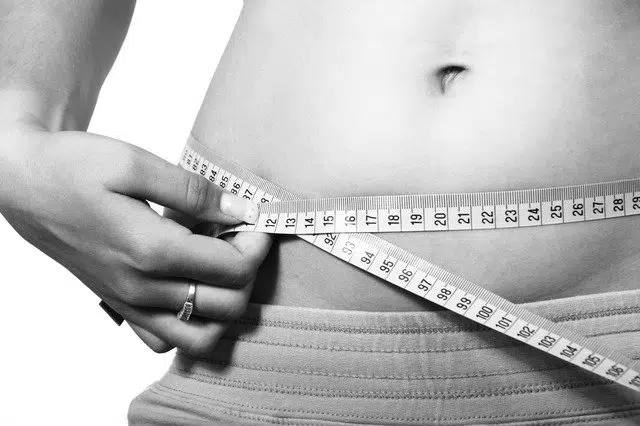
Metrology studies systems of weights and measures.
Metrology is the scientific discipline dedicated to the analysis of measurement and weight systems. Its object of study is magnitude measurements , promoting traceability to promote standardization.
Thanks to metrology it is possible to discover and express the value of magnitudes accurately , using various methods, instruments and techniques to achieve the desired result.
Uses of metrology
Industry and science need metrology. The tasks of accreditation , certification and standardization are essential to guarantee the precision of the results and enable exchange and comparison at an international level.
It is important to highlight that measurements and weighing can be carried out with multiple tools. Some items are simple, such as stopwatches and rulers , but others are very complex, such as computers and microscopes .
Importance of calibration
One of the tasks of metrology is to promote the calibration of instruments . This process allows us to compare what the device signals and what it should signal according to a reference pattern that has an already known value. When the instrument is calibrated, it functions accurately.
Calibration is linked to traceability , another goal of metrology experts. The property of the results is called traceability when they can be related to certain patterns and, by extension, to the fundamental units of the International System. To reach this instance, a chain of comparisons without interruptions is needed.
It should be noted that there are different areas or specializations of metrology. One of them is electrical metrology , aimed at the study of intensity , impedance, resistance, voltage and other quantities associated with electricity.
Calibration parameters
As we have expressed so far, metrology aims at accuracy, and this applies to all concepts that are related to this scientific discipline. In the case of the aforementioned calibration, there are a series of parameters that must be taken into account so that the results are reliable. Let's look at some of them below:
* measurement error : obtained by subtracting the measured value from the measurement result;
* deviation : the reference value must be subtracted from that obtained through measurement;
* relative error : it is the one that relates a measured value and the measurement error. To express this parameter it is possible to use a percentage value;
* systematic error : it may arise as a result of a breakdown or a problem during the calibration stage of the device used for measurement;
* correction : metrology does not always give correct results on the first attempt, but can add a value to the one obtained to compensate for the difference;
* adjustment : refers to the tasks that consist of adapting the measuring instruments for their correct operation. These can be manual, automatic or semi-automatic;
* primary standard : it is designated as the one that has the highest qualities within metrology. A value that is accepted without the need for further references.

One of the functions of metrology consists of the calibration of weighing and measuring instruments.
Uncertainty in metrology
Absolute knowledge is not possible, since we could only achieve it through infinite information. For this reason, uncertainty is always part of science, and it is not possible to resort to a single value to characterize a measurement.
There are several reasons why metrology can be overshadowed by uncertainty. Among them we can mention the imperfections in the measurements, the effects that environmental conditions can have on the measurements, the limitations of the instruments and the lack of precision of the reference values.
